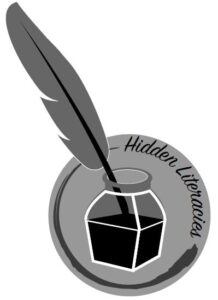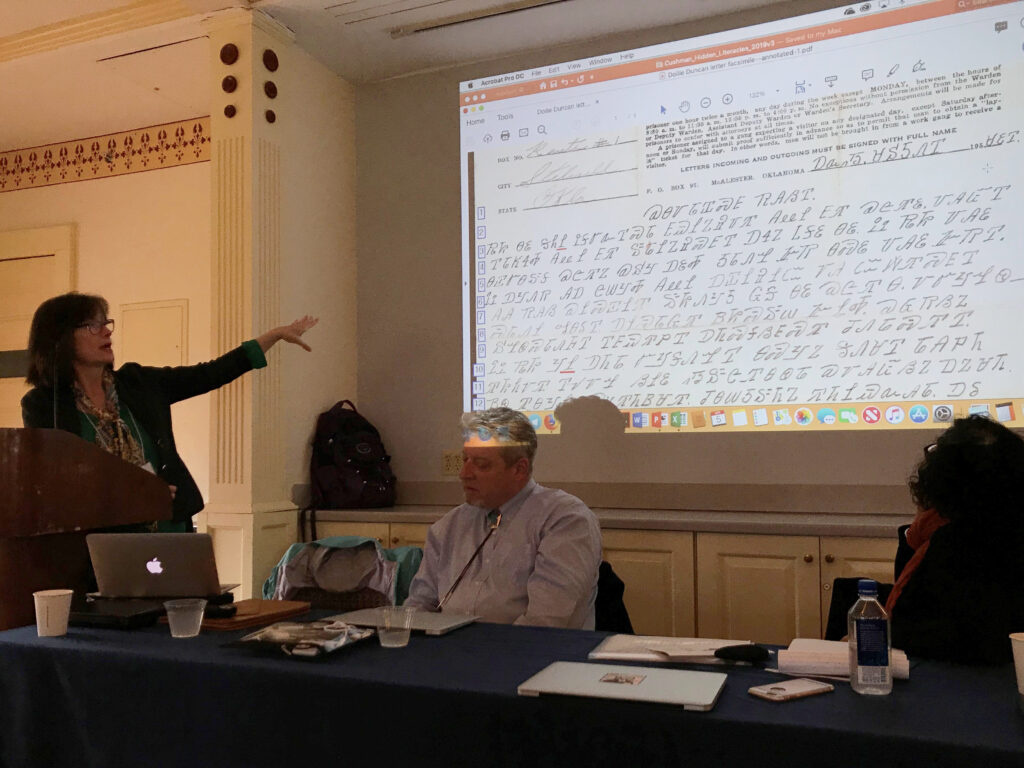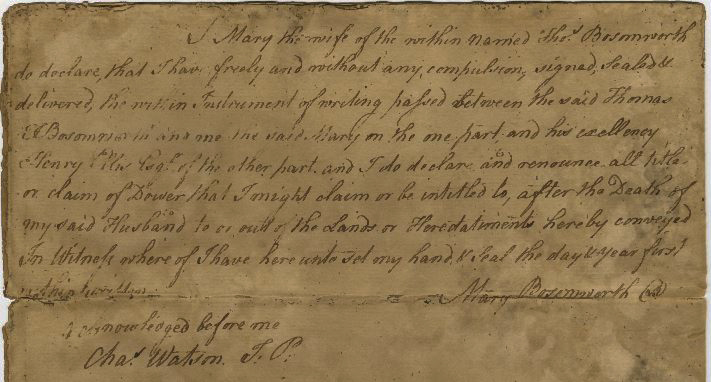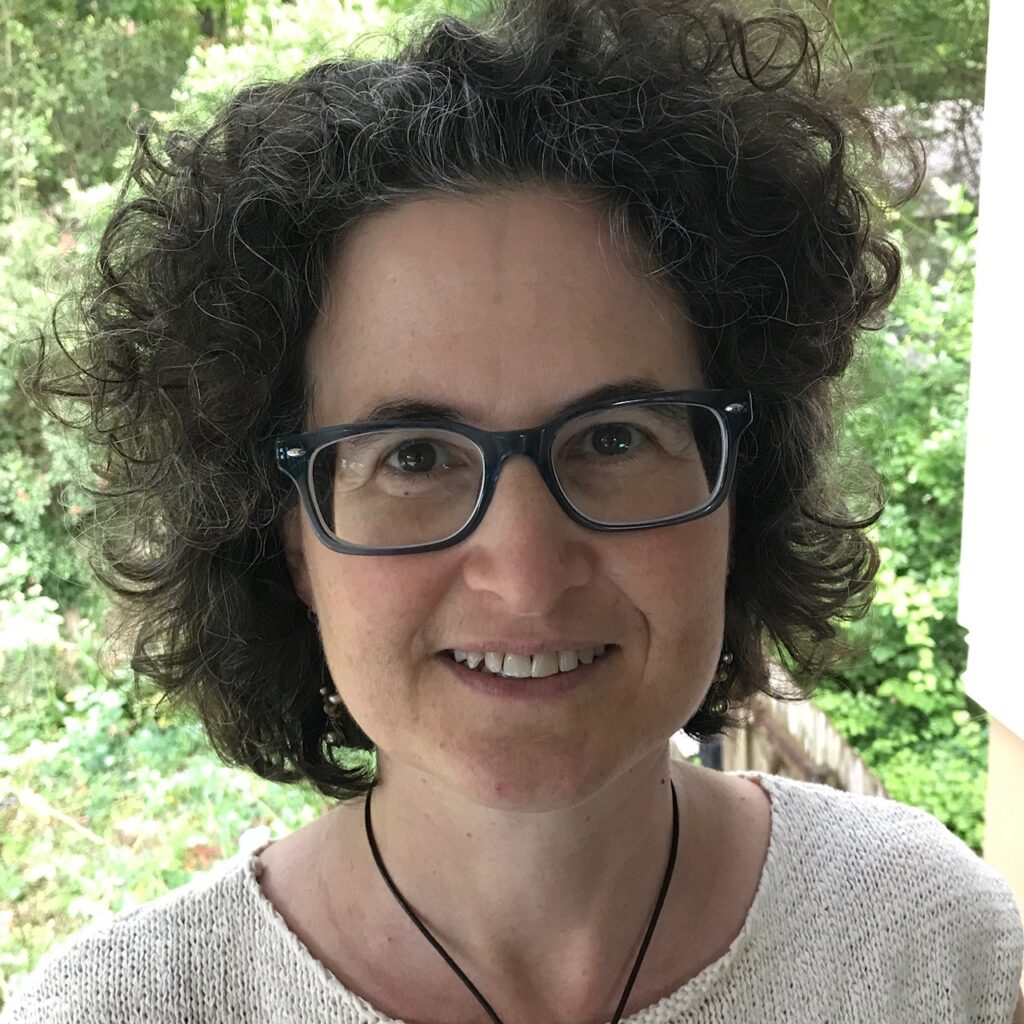With Hidden Literacies Project, Trinity Professors Make Literature by Marginalized Americans More Accessible
Edited by Trinity College professors, the new digital anthology Hidden Literacies explores texts by marginalized Americans—including Indigenous and enslaved people, prisoners, and young children—that have not traditionally been included in archives and educational curricula.

Hidden Literacies is co-edited by Professor of English Christopher Hager and Allan K. Smith and Gwendolyn Miles Smith Professor of English Hilary E. Wyss. When Hager and Wyss invited literary scholars and professors from across the country to Hartford for a 2019 conference to discuss neglected texts and literacies of oppressed Americans, the conversations did not end there. Hidden Literacies continues the work of recognizing authors whose literature doesn’t fit the standard expectations from most archives in the United States.
“The English Department at Trinity was extremely supportive of our interest in starting and developing this website, and helped us throw the initial conference with the Allan K. Smith Endowment,” said Wyss.

The website introduces pieces of literature written by marginalized Americans, many of which have been underrepresented in archives or have been misinterpreted due to biased perspectives, Wyss said. Each piece is accompanied by an analysis from a scholar who provides commentary on the original author, the importance of the text, and how it is “hidden.” When necessary, the website provides transcriptions or translations of the literature.
Hager said, “There are unsurprising patterns in the ways literacy has been supported in society based on gender, race, and class, so part of what we are doing is exploring texts to fill in the gaps of the excluded individuals and communities to create an inclusive picture of American society and culture.” As experts in the histories of literacies, the professors created a digital primary source that anyone can access. “Conventional wisdom kept people from looking for the marginalized authors’ texts, so now we can sit down and easily and comfortably talk about this rich, accessible information,” Hager said.

Hidden Literacies is produced at Trinity by Mary Mahoney, digital scholarship strategist; Cait Kennedy, instructional designer and research librarian; and Joelle Thomas, digital learning and discovery librarian.
Along with being the project manager, Mahoney suggested and produces the podcast that accompanies this project. In the first episode of the podcast, Hager and Wyss give their insights into the concept of “hidden literature” and why it is important that the featured texts are now being explored, sometimes after centuries of neglect.

“Hidden Literacies is a project that shows how invested our faculty are in their research and what path-breaking work they continue to do,” Mahoney said. “It represents the incredible work produced by Trinity professors and their students, and the collaboration they have with faculty and scholars across the country.”
In addition to Mahoney supporting the use of digital technology and tools in this research, Hager and Wyss were also aided by alumni Carlson Given ’20 and Emma Sternberg ’21. Both Trinity graduates worked as summer research assistants through the Public Humanities Collaborative when they were students.

Hager said, “Originally, the students would admit they weren’t very confident in reading 18th century cursive, but after all the work they contributed to creating the website, they became experts. They were able to write a guide [to transcribing], and worked with the Watkinson Library on collaborative essays and manuscripts for undergraduate learning.” The Watkinson Library serves as a public research library, the rare book and special collections of Trinity College, and the repository of the college archives. Wyss said, “People come to archives with a preconceived idea of what they are going to find; if they don’t know something is there, they won’t look for it. Hidden Literacies allows people to expand their exploration of primary sources in an archive.”
Having digital access to these “hidden” texts will allow professors and teachers across the country to expand their curriculum beyond popular and traditional literature. “We wanted a website to provide something accessible that a busy high school teacher can invest a little time in and share with their students, without having to buy a book,” said Hager.
An official launch event for Hidden Literacies is being planned for spring 2023.
To access the Hidden Literacies website and podcast, click here.
